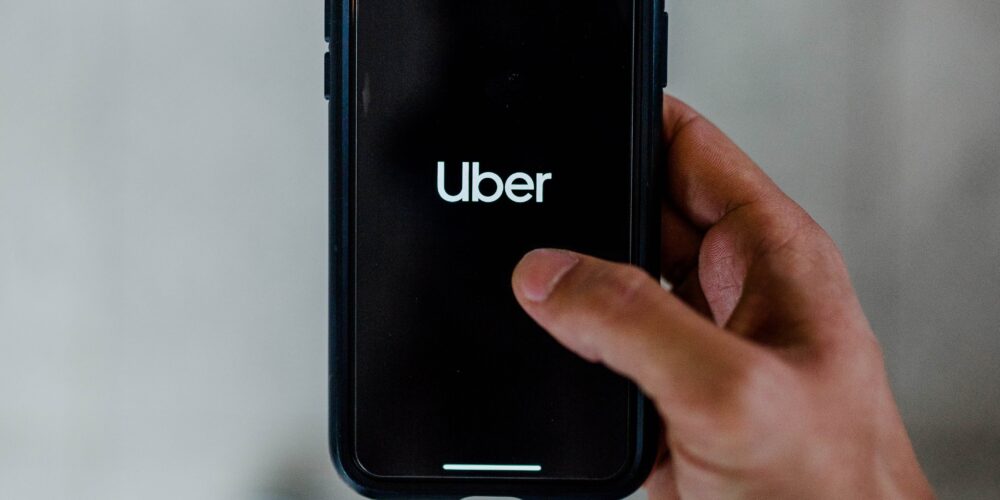The Supreme Court Ruling on Uber Drivers and its Wider Impacts
At the end of February 2021, the Supreme Court ruled that taxi drivers working for Uber should be classified as workers, as opposed to being self-employed. The decision means that thousands of Uber drivers are now entitled to a minimum wage as well as holiday and sick pay. The decision could leave the app facing a hefty compensation bill and has wider consequences for the gig economy.
Background
Two former drivers took Uber to an employment tribunal back in 2016, arguing that they worked for them. Uber claimed that their drivers were in fact self-employed and that Uber merely acted as a booking agent for its drivers, such that it was not therefore responsible for paying them a minimum wage or any holiday pay. These rights do not extend to the self-employed.
Worker, Employee or Self-employed?
There are some key differences which relate to each classification:
You are classed as an employee if you:
• Have an employment contract,
• Tend to be provided with regular work
• Are employed to do the work personally
• Must do the work
You could be classed as a worker if your employment is more casual. You would usually:
• Have a ‘contract for services’, which can be verbal or written,
• Be employed to do the work personally,
• Have very little obligation to receive or do work but should do work you’ve agreed to
You would usually be classed as self-employed if you:
• Are responsible for how and when you work
• Are the owner of a company or are a freelancer
• Invoice for your pay
• Get contracts to provide services for clients
• Are able to send someone else to do the work for you, if appropriate
• Are able to work for different clients and charge different fees
• Don’t get paid holiday or sick leave.
Ruling
The Supreme Court unanimously dismissed Uber’s appeal and stated that its drivers should be considered to be working, not only when driving a passenger, but whenever they were logged into the app. In reaching the decision, the Court took into account several factors:
• Uber itself set the fares rather than the drivers, which meant that they dictated how much drivers could earn;
• Uber set the contract terms and drivers had no say in them ;
• Uber could penalise the drivers if they reject too many rides;
• Uber monitored a driver’s service through the star rating and had the capacity to terminate the relationship if, after repeated warnings, there was no improvement.
The Supreme Court concluded that Uber drivers are in a position of subordination and the only way they could increase their earnings would be by working longer hours.
Since the ruling, Uber have announced that they will pay their drivers the National Living Wage but only from the time they accept a trip request, not for the time they are logged on to the app waiting to accept passengers. They have also confirmed that drivers will be paid holiday time based on 12.07% of their earnings paid out on a fortnightly basis.
Wider implications
The ruling is likely to have wider implications for other gig economy workers and businesses. The Judgment focused on how much control companies exercised over people’s labour. Control also carries with it responsibilities for workers’ conditions and wellbeing.
If you currently engage anyone on what you consider to be a self-employed basis, you should consider what impact the ruling may have on the nature of your relationship with them. If you control when people work, for how long and how much money they earn it is possible that, in the eyes of an employment tribunal, they will be considered workers and, if that is the case, you will have additional responsibilities such as paying holiday pay and the minimum wage.
If you require any help in reviewing your contracts in light of the recent decision, our employment experts can help. Contact our office on 01270 611106 to speak to one of our employment solicitors.




